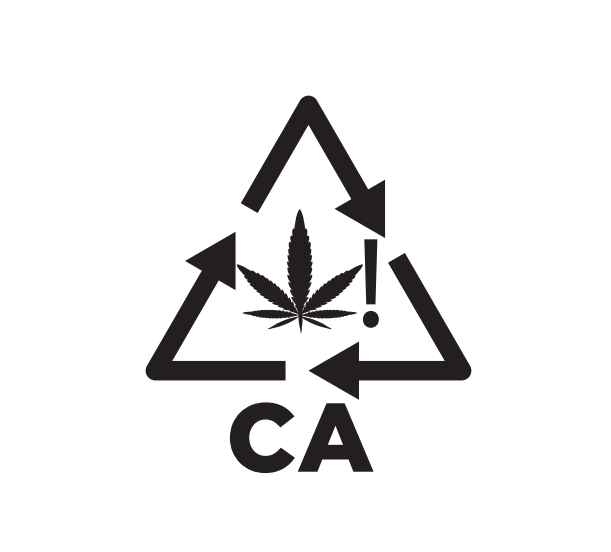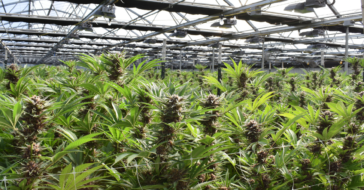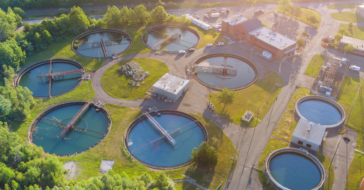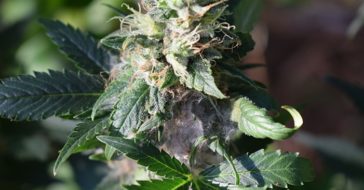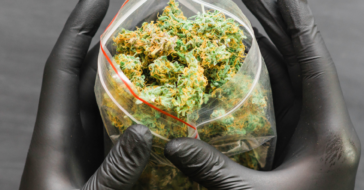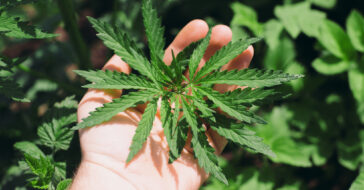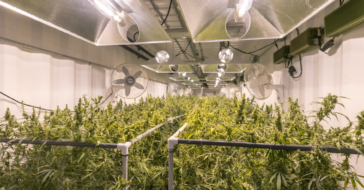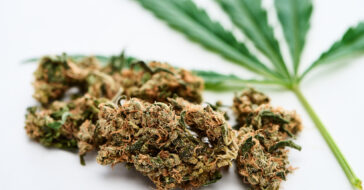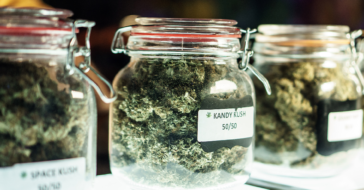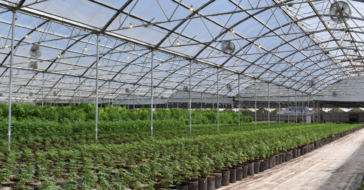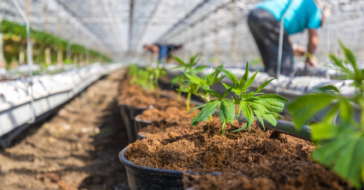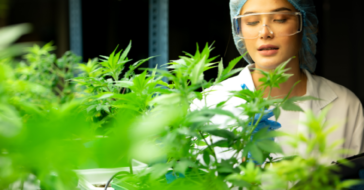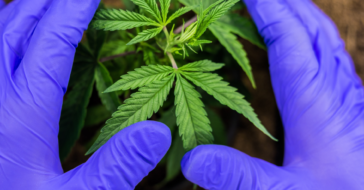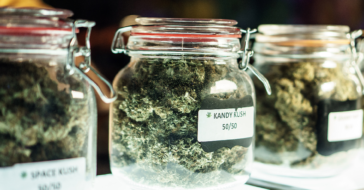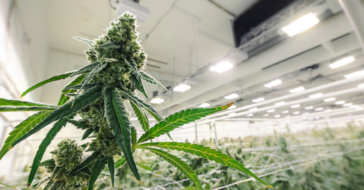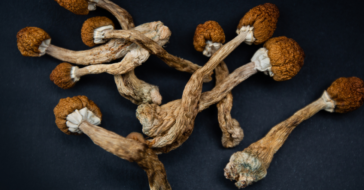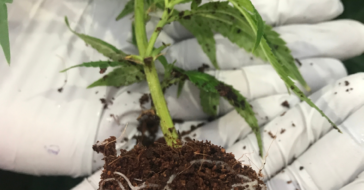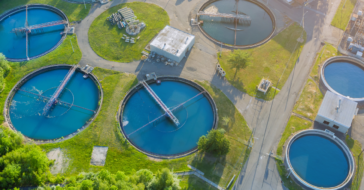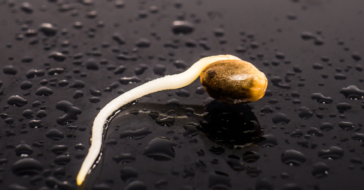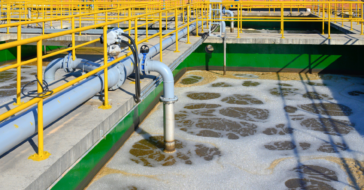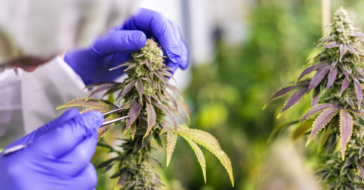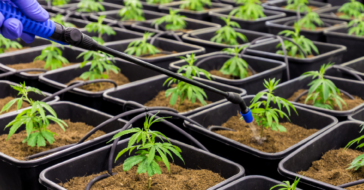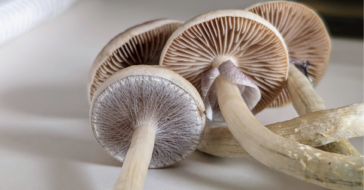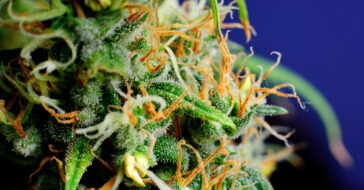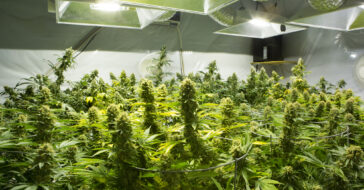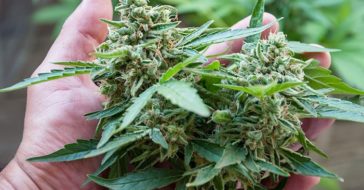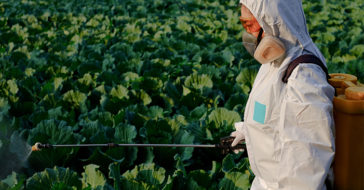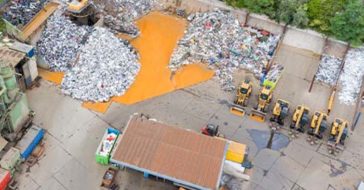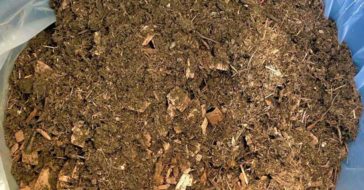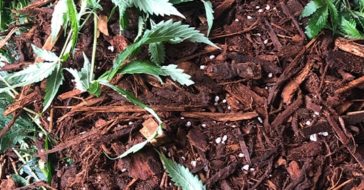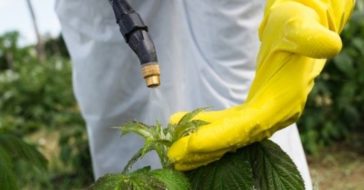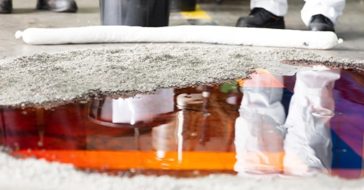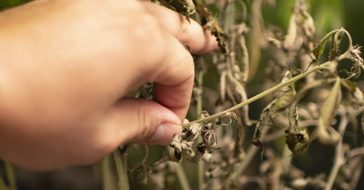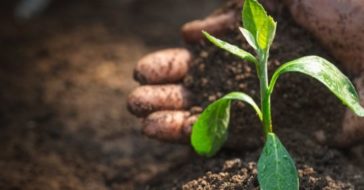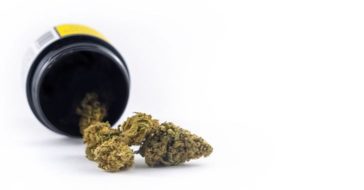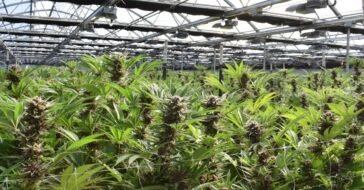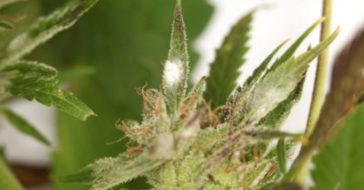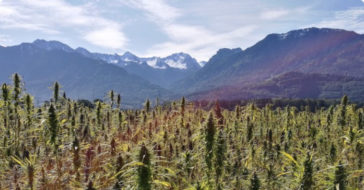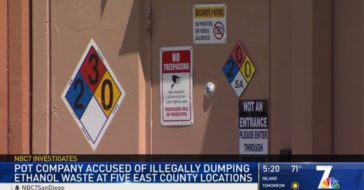Selecting soil for your cannabis plants is one of the most important decisions you make as a marijuana grower. If you’re one of the budding 21 thousand United States businesses in the industry, then determining the best soil can be a bit overwhelming. There are significant benefits of using compost for growing cannabis. We unpack the benefits of composting, both for your plants and the environment as a whole.
Everything You Need to Know About Compost for Growing Cannabis
A lot of variables come into play when choosing the best soil for your cannabis plants. Nutrient content, micronutrients, and pH levels all play a role in the health of your plants, but so do other factors such as whether you’re growing outdoors or indoors. Although cannabis is known for sprouting just about anywhere, marijuana users are becoming more aware of different flavors and strains and developing their own preferences. Additionally, consumers as a whole are more concerned than ever about ensuring their food and cannabis come from natural, healthy cultivation processes.
Why Should You Use Compost for Cannabis?
The push for natural growing processes has led to an increase in soil amendment and additive options. However, cannabis plants benefit from different nutrient levels, depending on where the plants are in their life cycle. Bottled mixes of fertilizers often combine multiple products to be fed at different amounts during different stages. Although it makes for a simple and straightforward cultivation process, it’s not as organic as using compost. Plus, the root systems of marijuana plants rapidly absorb chemical fertilizers, which can potentially harm your plants. The likelihood of this occurring with organic compost is almost zero.
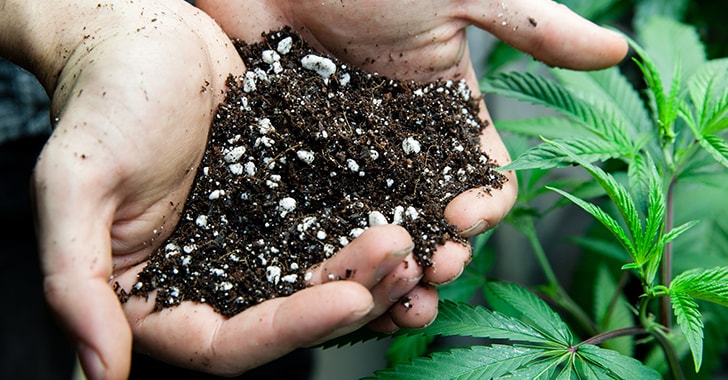
What are the Benefits of Using Organic Compost?
One of the most significant benefits of keeping your soil full of organic matter is that your marijuana plants will only absorb the nutrients they need. Cannabis growers should be aware that it takes months before you’ll have ready-to-use organic compost. For many, the benefits of organic soil and composting outweigh the challenge of getting started. Not only does it create healthy soil and plants, but composting is also one of the most responsible ways to dispose of your waste.
How Should You Use Compost?
Fertilizers and compost can work together, but they have different impacts on your plants. While fertilizers more directly feed the plant, compost promotes an overall high-quality environment for plant growth. If you’re just getting started, you can purchase a compost mix or make your own compost. Adding grass clippings, coffee grounds, tea bags, kelp, and other green material can encourage the production of nitrogen, which provides protein for the beneficial microorganisms in the compost. Other variables, including water retention, aeration, and fungus balance, will also impact your plants.
Once your compost is ready to use, the amount you’ll need comes down to the nutrient levels and quality of your existing soil. For most, occasionally topping off the area around the plant is enough to boost the health of your soil and create ideal growing conditions.
Composting is a valuable process, particularly for those working to cultivate organic cannabis. Not only is it beneficial to your plants during their life cycle, but the composting process can also give back to the environment by responsibly eliminating waste. If you’re in the market for responsible treatment of your cannabis waste, consider reaching out to Easy Cannabis Waste. We offer convenient and compliant solutions for cannabis businesses in the Los Angeles area to help you start composting your cannabis waste.

